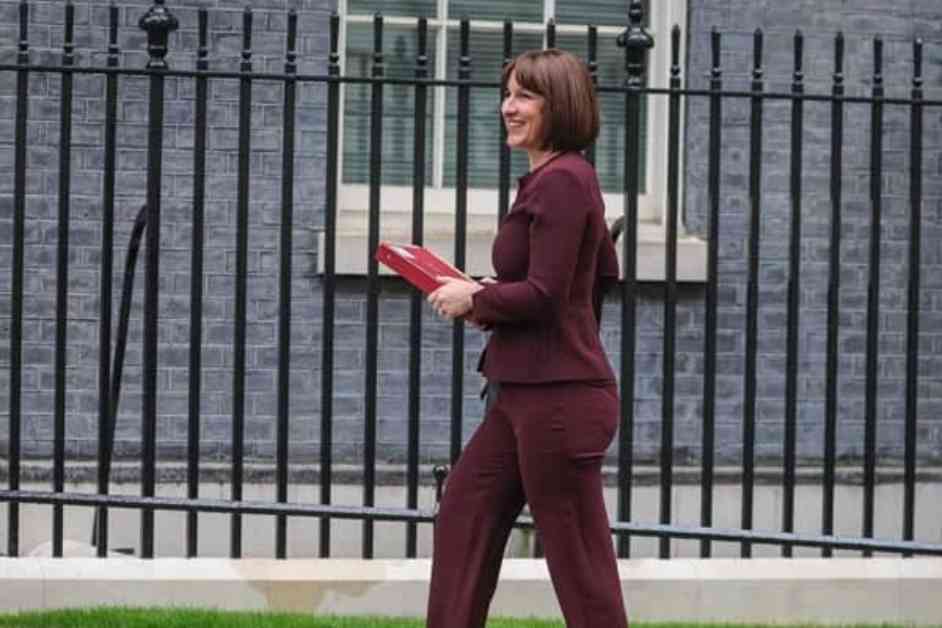The decision to increase the employment allowance for small businesses from £5,000 to £10,500 is a positive step that will help shield the smallest employers from additional costs. This move will be particularly beneficial for small businesses across all sectors, as it will protect them from an inflationary hike in business rates and provide relief for those in retail, hospitality, and leisure industries.
However, larger small and medium-sized businesses may struggle with the rise in employer national insurance and other costs associated with the government’s employment law plans. It is important to consider the potential impact of these changes on jobs, wages, and prices.
The Budget documents also include plans for a small business strategy command paper, which indicates that the government recognizes the importance of small businesses in driving economic growth. It will be crucial for the government to work closely with small businesses to ensure that these plans are implemented effectively.
Investment in infrastructure, such as additional funding for rail projects and fixing potholes, is essential for future growth. Small firms will also benefit from the decision not to raise fuel duty and the prioritization of small housebuilders in housing investment.
Retaining entrepreneurs’ relief, now branded as Business Asset Disposal Relief, up to £1 million is a welcome move that will incentivize more people to take the leap in building businesses. Although the level of relief will gradually reduce over time, it is positive to see that a differential has been kept to support small businesses.
Overall, today’s Budget demonstrates a clear direction in business policy for the entire Parliament, focusing on supporting small businesses over big corporates. This prioritization of everyday entrepreneurs in local communities across the country is crucial for driving growth, creating jobs, and fostering prosperity.


